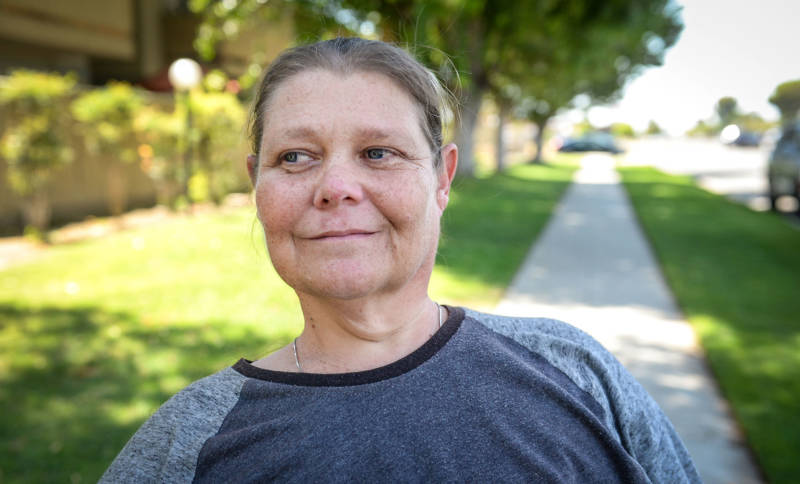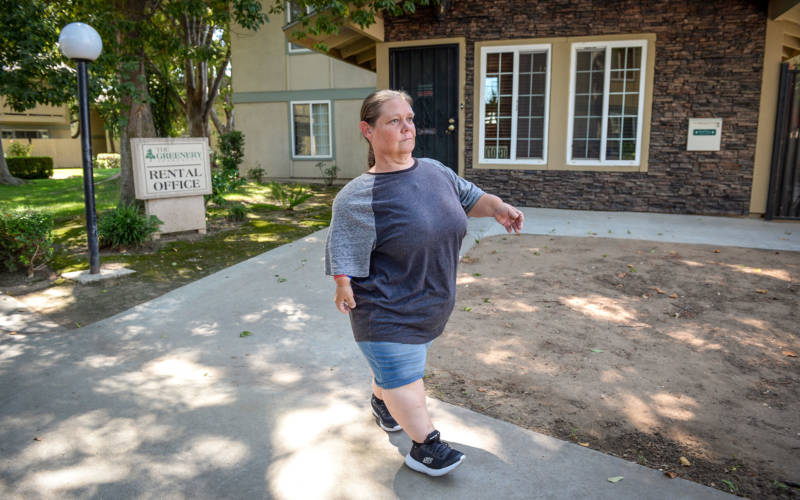Portantino’s bill attempts to address landlords’ concerns. If passed together, the two pending bills could represent a comprehensive solution, he said.
“Section 8 — It’s real money, it’s valid resources,” he said. “There’s really no reason not to take it. I think reminding the landlords that there’s no reason not to take it and then providing them an incentive for taking it, that’s a complementary approach.”
A handful of local governments have seen improvement after passing incentives similar to those proposed by Portantino’s bill, sometimes in conjunction with discrimination bans.
In 2016, Marin County offered up to $3,000 to protect landlords from income loss due to vacancies or property damage related to Section 8 tenants, and passed a ban on voucher discrimination.
The rate at which Marin voucher holders found rentals before their vouchers expired nearly doubled, from 30% in 2015 to 60% in 2018. Costs have been a problem, however, according to a HUD report published this year. And rent increases in the area have prevented the housing authority from issuing any new vouchers.
Several local governments have also approved bans on voucher discrimination similar to the state proposal in Mitchell’s bill including Santa Clara County, San Francisco, San Diego and Berkeley. Los Angeles and San Jose passed similar protections this summer.
The Berkeley ban, passed in 2017 has had little impact because the city didn’t invest in landlord education or enforcement, according to Simon-Weisberg, who also serves on the Berkeley housing advisory commission. San Francisco’s ban is more effective because the city attorney has proactively sued landlords, sending a strong message across the city, Simon-Weisberg said.
But in both cities, online rental postings that explicitly don’t accept Section 8 vouchers abound, despite the local laws.
In other parts of the country, research indicates the discrimination law change has had more impact. Just 31% of screened rental ads denied vouchers in Newark, New Jersey, where a statewide anti-discrimination law has been in place since 2002, compared to 76% in Los Angeles, according to a 2018 Urban Institute study commissioned by HUD. The rate was just 15% in Washington, D.C.
Sen. Mitchell says that outlawing voucher discrimination won’t solve the shortage of landlords who take Section 8, but it will make a worthwhile dent.
“The whole point of this bill is, give me a shot. It doesn’t mandate that you accept Section 8. But it does say, stop disallowing me from even applying,” Mitchell told CalMatters’ Matt Levin and Los Angeles Times’ Liam Dillon on this week’s episode of “Gimme Shelter: The California Housing Crisis Podcast.”
Manuela Tobias is a journalist at The Fresno Bee. Jackie Botts is a journalist at CalMatters. This article is part of The California Divide, a collaboration among newsrooms examining income inequity and economic survival in California.


